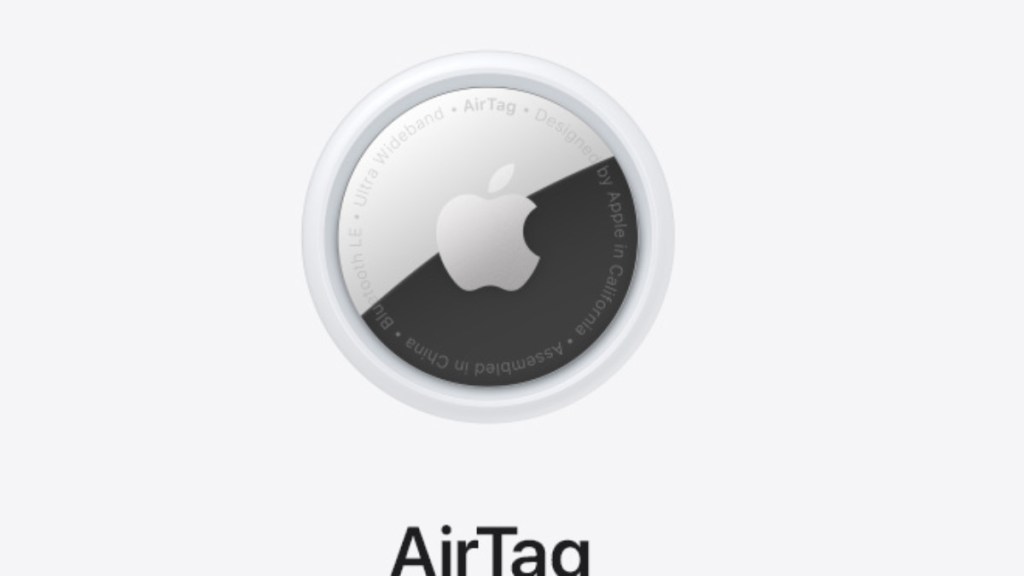Apple has updated its AirTag design and packaging to include essential warning labels, ensuring compliance with a U.S. safety law aimed at preventing accidental battery ingestion by children.
According to a press release from the U.S. Consumer Product Safety Commission (CPSC), the company’s AirTags, which contain coin cell batteries, previously lacked the required warnings on both the product and its packaging. This violation of Reese’s Law, which mandates such warnings for products with small batteries, was flagged by the CPSC.
“Apple’s AirTag, a popular tracking device, met the performance requirements for securing the AirTag’s lithium coin cell battery; however, the units imported after the March 19, 2024, effective date of Reese’s Law did not have the required on-product and on-box warnings concerning the severe risk of injury from battery ingestion if these small batteries are not kept out of reach of children,” reads the release.
The new labels, now included inside the battery compartment and on the product packaging, highlight the severe risks associated with children swallowing small button or coin batteries. The changes are part of Apple’s efforts to meet the legal standards set by Reese’s Law, which is designed to protect children from the life-threatening hazards posed by ingesting these batteries.
While Apple’s AirTags have always met the performance standards for securing the battery, the omission of proper warnings was a significant oversight. In addition to the physical label updates, Apple has also modified its Find My app, which now includes warnings for users when prompted to replace an AirTag battery. These steps aim to address past violations and ensure safer usage of the product in the future.
The CPSC emphasises that all manufacturers and retailers must comply with Reese’s Law to avoid enforcement actions, highlighting the importance of proper labeling and consumer awareness in preventing battery-related accidents.







